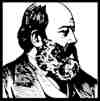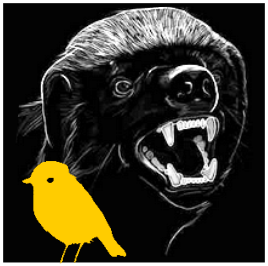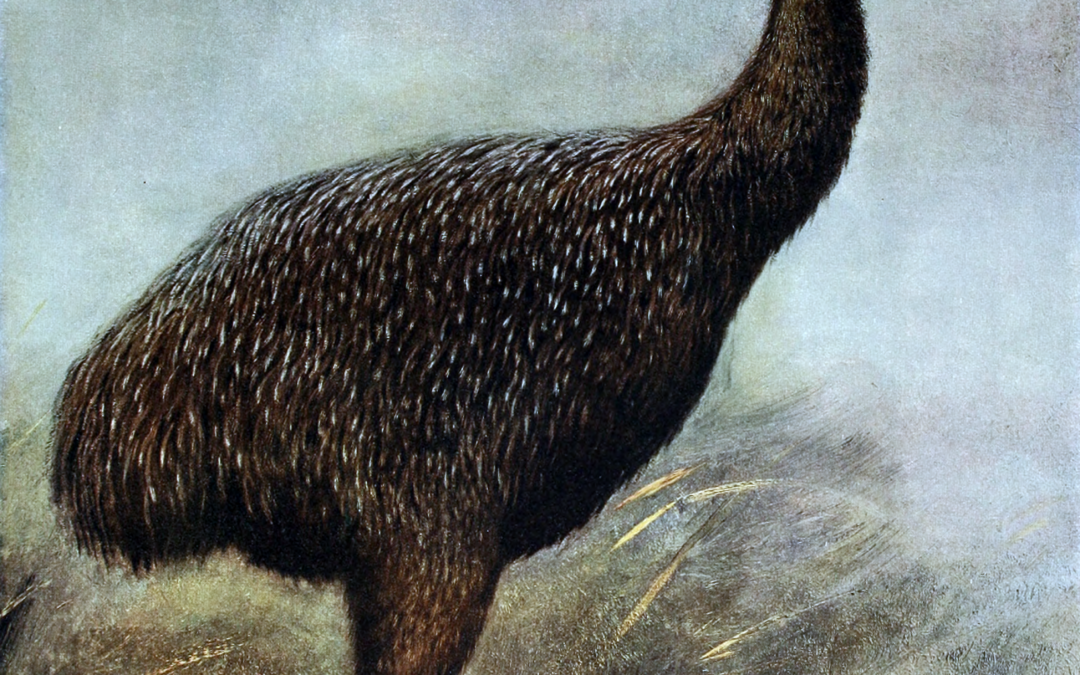The reason why moa filled niches usually associated with mammals was an unappreciated poverty of crucial nutrients. Three trace elements gave birds a particular physiological lift in New Zealand.

Prof. Mumblebard claims: “Birds became established in New Zealand because of their superior dispersal abilities whereas mammals either failed to arrive or were pre-empted. Evolution eventually made moa into the largest land animals native to these islands because of the historical accident that mammalian competitors were lacking from the start.”
Robin and the Honey Badger respond: “Mammals would have been present from the outset as New Zealand took shape and, like birds, they would have continued to arrive by rafting, swimming and flying. However, birds proved superior for ecological reasons. Moa evolved to usurp the mammalian niches here during the last five million years despite competition from any mammals inherited from the ancient mini-continent primordial to New Zealand. This is because birds (both flying and flightless) were nutritionally more efficient than mammals in the landscapes of New Zealand. The combination – so characteristic of these islands – of a cold climate, mountainous terrain and volcanic geology would leave large animals at particular risk of deficiencies in micronutrients such as iodine, cobalt and selenium . And large birds such as moa would have been more efficient than large mammals in acquiring and recycling these megacatalyst elements. This physiological predisposition is what gave moa the competitive edge over any would-be mammalian competitor in New Zealand.”

Please join us here at the Bio-edge with your own comments. In the discussion below we encourage links to any evidence supporting either Prof. Mumblebard or Robin and the Honey Badger. Illustrations are welcome but please cite all sources or we may be forced under copyright to delete your comment.
***
Featured image: Painting of an Upland Moa (Megalapteryx didinus) by Lionel Walter Rothschild, 2nd Baron Rothschild — photographed by George Edward Lodge (PD-US, Moa)

